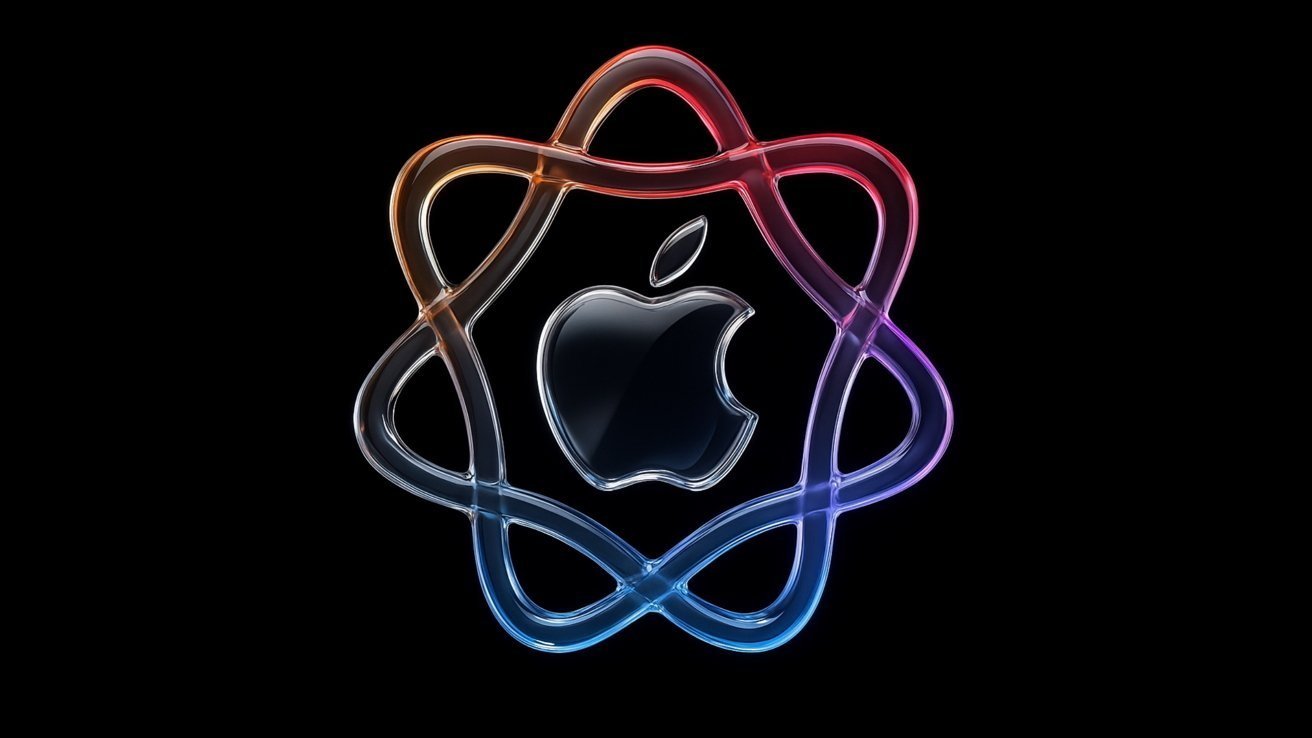As the tech world eagerly anticipates the release of the iPhone 17 series, attention is already shifting toward Apple’s future innovations. Recent reports suggest that the forthcoming iPhone Fold and iPhone 18 Pro models will introduce significant advancements in processing power and mobile data capabilities.
A20 Chip: Pioneering 2-Nanometer Technology
Apple’s commitment to pushing the boundaries of semiconductor technology is evident in its plans to equip the iPhone Fold and iPhone 18 Pro with the A20 chip. This processor is set to be the first to utilize TSMC’s cutting-edge 2-nanometer fabrication process. The transition from the 3-nanometer process, employed in the iPhone 17 lineup, to a 2-nanometer process is expected to yield substantial improvements in performance and energy efficiency.
Historically, Apple has reserved its most advanced chip technologies for its premium models. However, reports from earlier this year indicate that the A20 chip may be integrated across all iPhone 18 models, democratizing access to enhanced processing capabilities. This strategic move could solidify Apple’s position at the forefront of smartphone performance.
C2 Modem: Elevating Mobile Data Performance
In addition to the A20 chip, Apple is reportedly developing a new modem, designated as the C2, to be featured in the iPhone Fold and iPhone 18 Pro. This modem is anticipated to support mmWave 5G technology, which offers faster data transmission rates and improved network reliability compared to previous standards.
Apple’s journey toward developing proprietary modem technology has been marked by incremental progress. The initial C1 chip faced criticism for its slower speeds relative to Qualcomm’s offerings. In response, Apple introduced the C1X variant, boasting up to twice the speed of its predecessor. However, both iterations lacked mmWave 5G support, limiting their potential in regions where this technology is prevalent.
The introduction of the C2 modem signifies a pivotal advancement, potentially positioning Apple to outperform competitors in mobile data performance. By integrating this modem into its high-end models, Apple aims to deliver a superior connectivity experience to its users.
Design Innovations: In-Display Face ID and Touch ID Integration
Beyond internal hardware enhancements, the iPhone 18 Pro is rumored to feature in-display Face ID technology. This innovation would eliminate the need for the Dynamic Island, replacing it with a discreet punch-hole camera design. Such a change would offer users a more immersive display experience while maintaining the security and convenience of facial recognition.
Conversely, the iPhone Fold is expected to incorporate Touch ID into the side button. This design choice aligns with the device’s foldable nature, providing a seamless and intuitive method for user authentication without compromising screen real estate.
Implications for the Smartphone Market
Apple’s strategic focus on integrating advanced processing and connectivity technologies into its upcoming devices underscores its commitment to innovation. The adoption of the A20 chip and C2 modem in the iPhone Fold and iPhone 18 Pro models is poised to set new benchmarks in smartphone performance and user experience.
These developments also reflect broader industry trends toward faster, more efficient devices capable of leveraging next-generation network technologies. As consumers increasingly demand high-speed connectivity and responsive performance, Apple’s forthcoming offerings are well-positioned to meet and exceed these expectations.
Conclusion
The anticipated release of the iPhone Fold and iPhone 18 Pro heralds a new era of technological advancement for Apple. By pioneering the use of 2-nanometer chip technology and developing proprietary modems with mmWave 5G support, Apple is not only enhancing device performance but also reinforcing its leadership in the competitive smartphone market. As these innovations come to fruition, users can look forward to devices that offer unparalleled speed, efficiency, and design sophistication.



